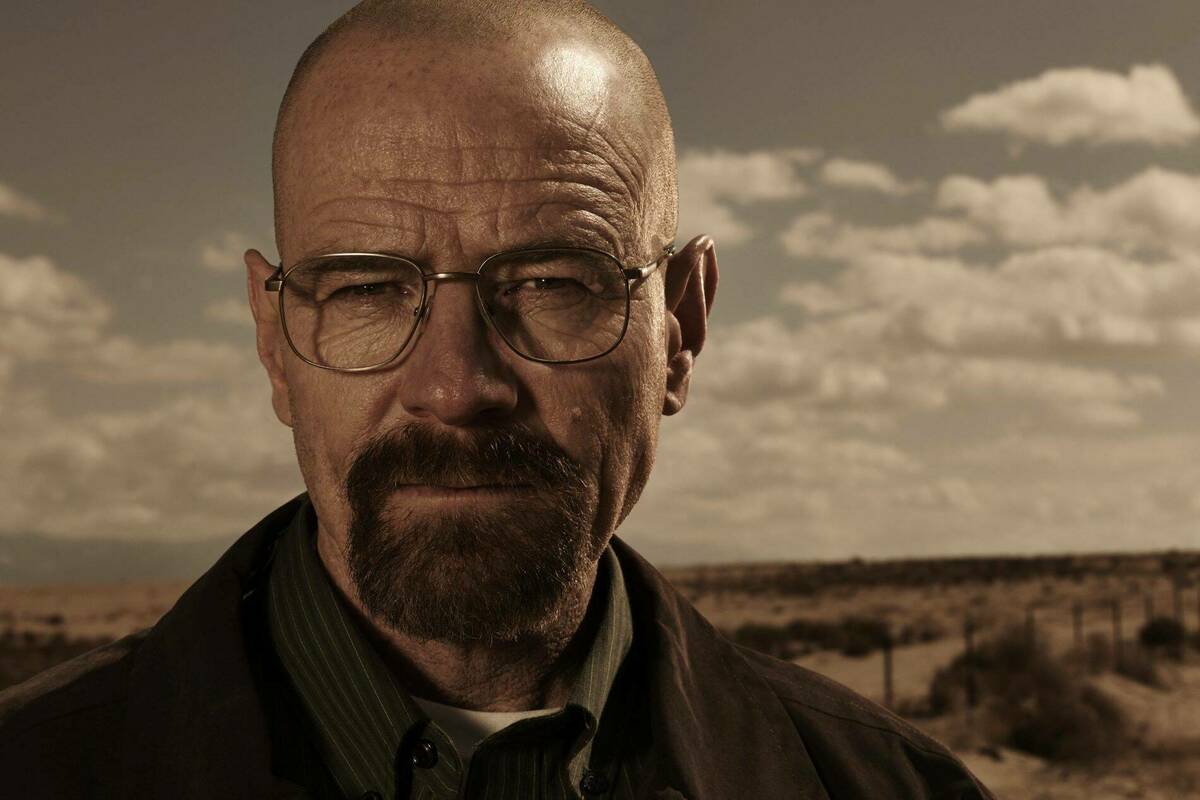The end of Breaking Bad marked one of the most bittersweet moments in television history. As fans said their final goodbyes to the critically acclaimed series, it was not just the conclusion of a show, but the end of an era that transformed television drama. Premiering in 2008, Breaking Bad quickly became a cultural phenomenon, gripping viewers with its intense storytelling, complex characters, and moral ambiguity. The series finale, which aired in 2013, left fans both satisfied and heartbroken, as the world said goodbye to one of the greatest TV shows ever created.
At the heart of Breaking Bad was the unforgettable transformation of Walter White, brilliantly portrayed by Bryan Cranston. Walt’s journey from a mild-mannered high school chemistry teacher to a ruthless drug kingpin captivated audiences, pushing the boundaries of what a protagonist could be. Cranston’s performance, along with Aaron Paul’s portrayal of Jesse Pinkman, brought depth and nuance to their characters, making their fates all the more heartbreaking when the show came to a close.
The show’s creator, Vince Gilligan, masterfully crafted a narrative that explored themes of power, corruption, family, and morality, leaving viewers questioning their own beliefs as they watched Walt’s descent into darkness. Every twist, betrayal, and moral dilemma kept fans on the edge of their seats, leading to one of the most highly anticipated and talked-about finales in television history.
As we said goodbye to Breaking Bad, it became clear that the show had changed the landscape of television. Its legacy continues to inspire a new generation of storytellers, setting a standard for what serialized drama could achieve. Although fans may mourn the end of Breaking Bad, its impact will be felt for years to come, ensuring that the story of Walter White will never truly fade from memory.
